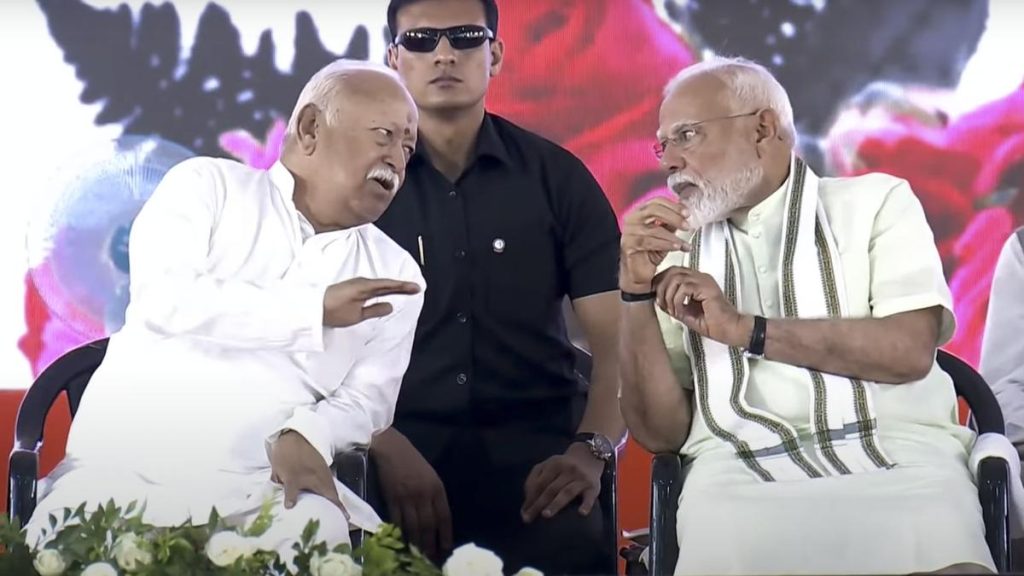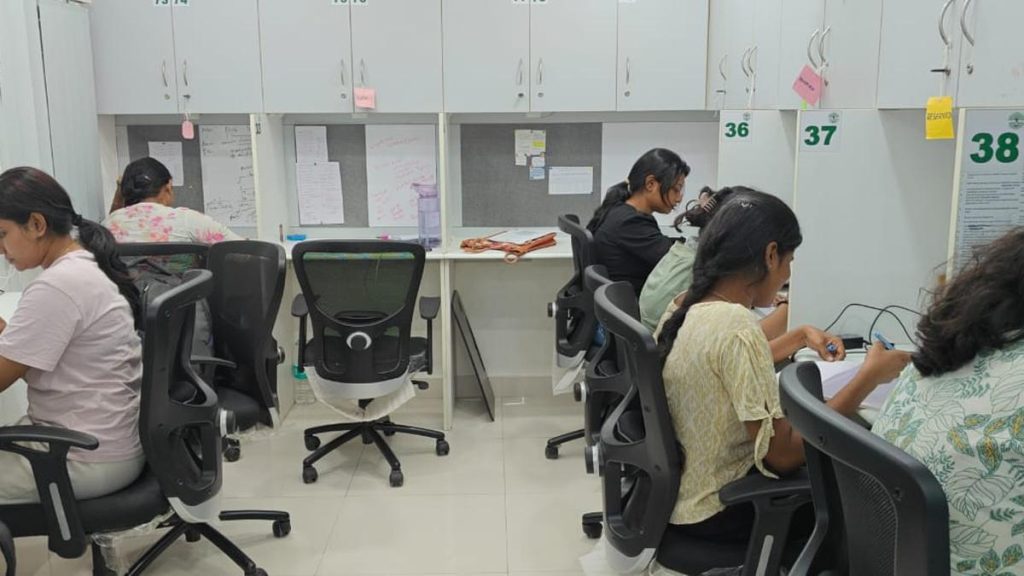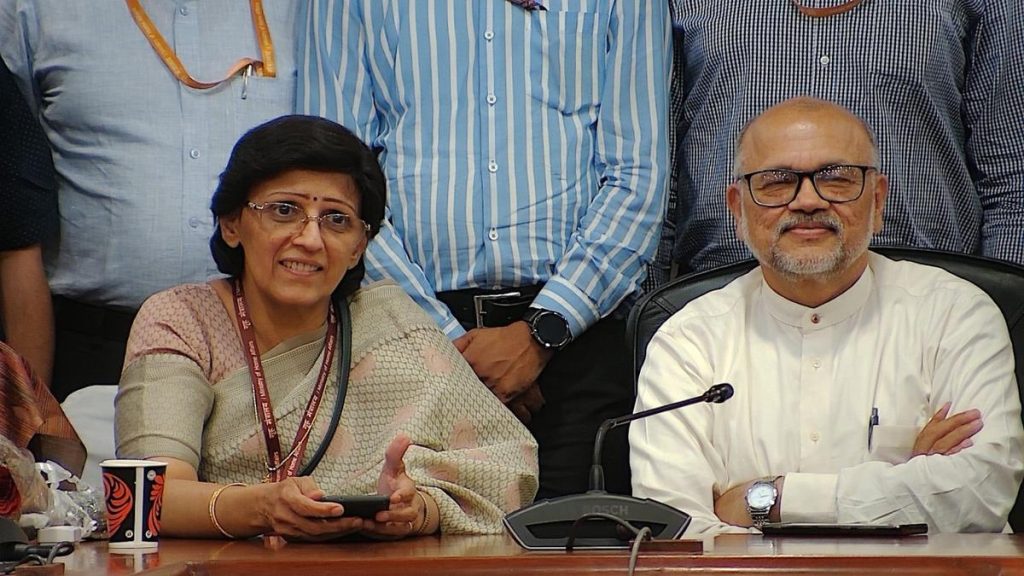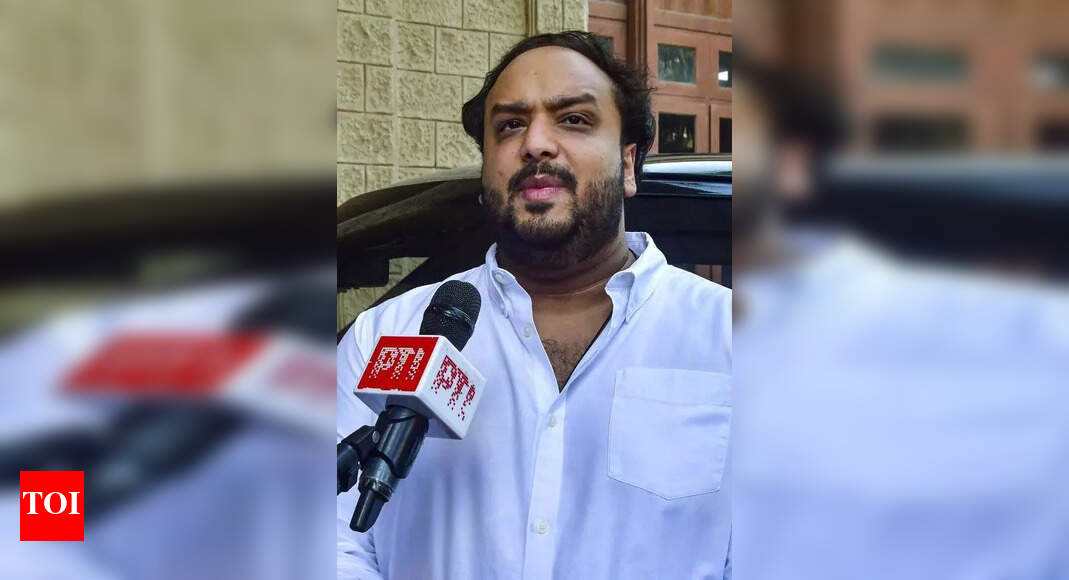Now Reading: Rubio Sued Over Deportation of International Students for Speech-Related Issues
-
01
Rubio Sued Over Deportation of International Students for Speech-Related Issues
Rubio Sued Over Deportation of International Students for Speech-Related Issues
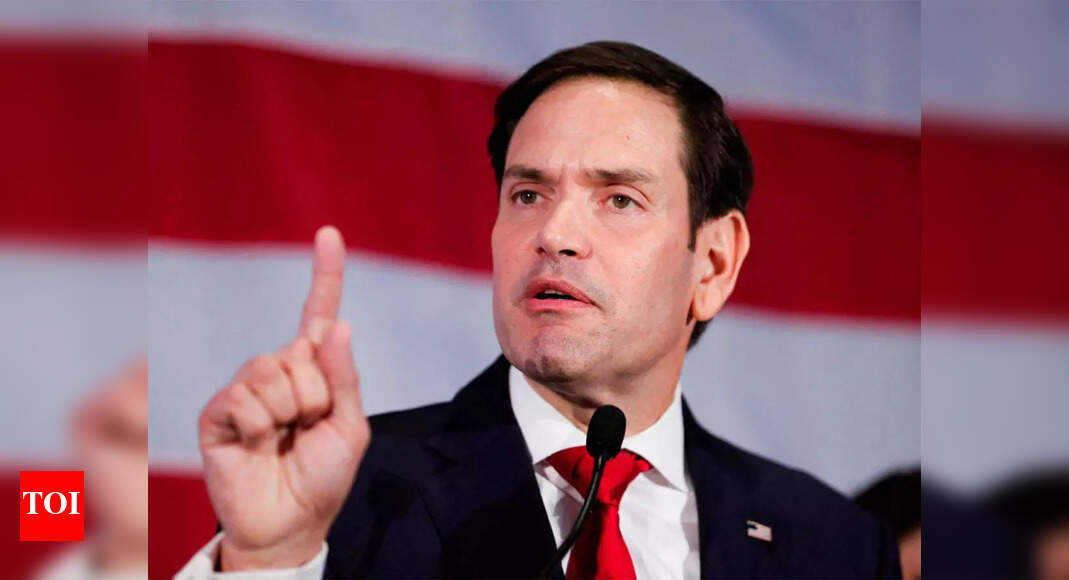
Fast Summary
- Issue: A lawsuit has been filed against marco Rubio’s use of immigration statutes to deport international students based solely on their speech.
- Plaintiffs: International students Mahmoud Khalil (Columbia University) and Rümeysa Öztürk (Tufts University) faced detention for expressing pro-Palestinian positions.
- Lawsuit basis: FIRE argues that using provisions of the Immigration and Nationality Act to penalize lawful expression violates First Amendment protections.
- Campus Impact: Detentions have created a “chilling effect” on university campuses, discouraging free discourse among student journalists and activists.
- Enrollment decline: A forecasted 30-40% drop in new international admissions reflects uncertainty among global talent due to visa policies and heightened scrutiny of applicants’ social media histories.
- Policy Shift Concerns: US consular officers’ vetting practices deepen fears about mischaracterizing lawful political critique as subversive or extremist activity.
- Constitutional Stakes: The case tests whether First Amendment rights extend equally to lawful noncitizens, raising questions about America’s commitment to liberty.
!Marco Rubio faces lawsuit over deportations of international students tied to their speech
Indian Opinion Analysis
This constitutional challenge holds broader implications beyond its immediate legal dispute. For India, as a major contributor to the global pool of international students in the United States, it underscores increasing vulnerabilities for Indian nationals pursuing education abroad. While political dissent should ideally thrive as part of academic dialogue, heightened surveillance policies may dissuade potential applicants from fully engaging in open discourse-a cornerstone of higher education abroad.From India’s perspective as a democracy valuing free expression, this raises critical questions. Sustained erosion in America’s reputation for academic freedom could push Indian students toward option destinations like Canada or europe-not just as these regions offer quality education but also align with principles fostering unrestricted intellectual exploration.
Moreover, India’s educational policy planners must consider how external factors such as shifts in U.S. immigration laws might shape domestic opportunities if fewer Indians opt for foreign studies.This case serves as a reminder that democratic societies rely not only on robust lawmaking but also adherence to founding values like free speech-an echo relevant across borders.


